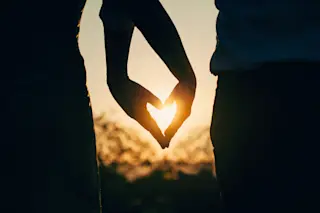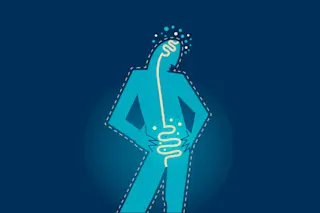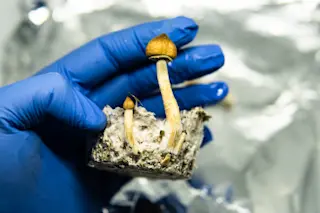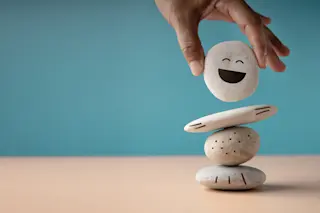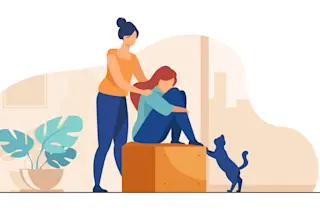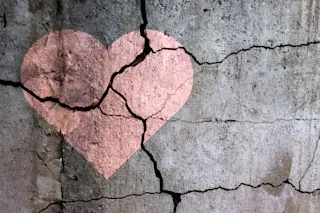Dying is a touchy subject. Euthanasia makes people upset. Whichever side of the debate you are on, you are caught between the hard place of human suffering and the rock of informed autonomous free choice. Euthanasia is really a debate about not dying of natural causes. For so long, we've understood death to be only OK if it was natural or demonstrably accidental. Anything else was murder, manslaughter, or war. Not only God, but we humans, have set our canon against self-slaughter. "Voluntary active euthanasia," as Daniel Brock denotes it, is not natural, nor is it demonstrably accidental. Thus, we instinctively categorize it as morally wrong. Instead of attempting to root out the source of that instinct and investigating whether or not voluntary active euthanasia actually violates morality, many use the blurred line created as reason enough to oppose a chosen death. Ross Douthat of the New York Timesargues that ...
Euthanasia, Immortality, and The Natural Death Paradox
Explore the complex debate surrounding voluntary active euthanasia and the ethical implications of assisted death choices.
More on Discover
Stay Curious
SubscribeTo The Magazine
Save up to 40% off the cover price when you subscribe to Discover magazine.
Subscribe



